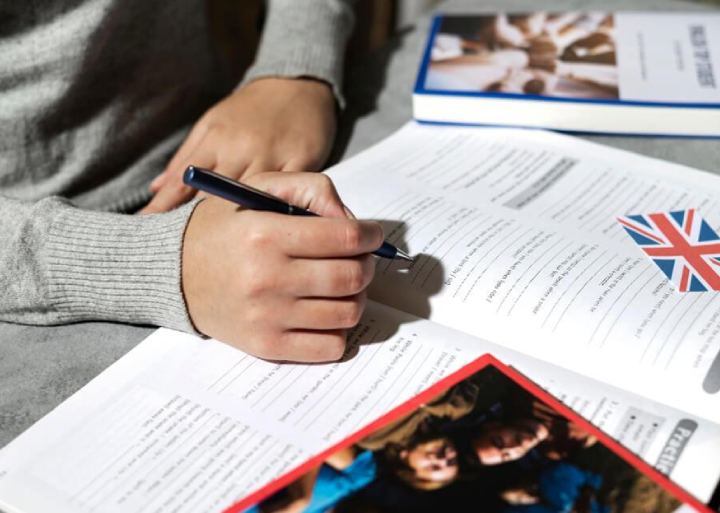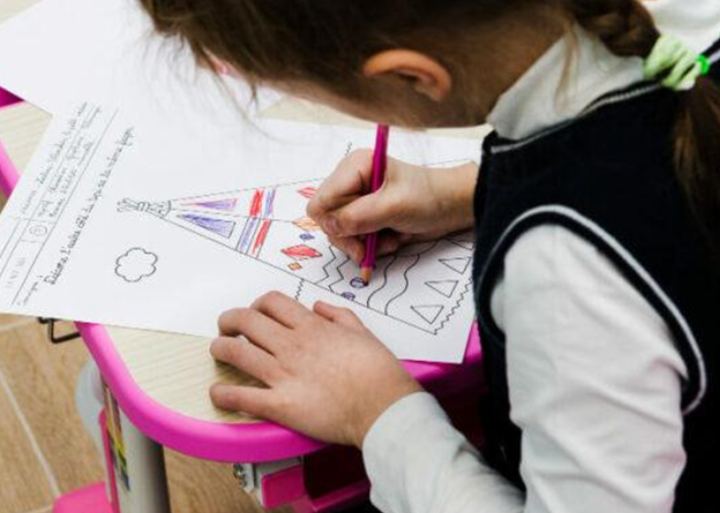The Foundation Stage Two (FS2) is a crucial stage in a child’s development. It is a period of rapid growth and learning, laying the groundwork for future academic and social success. The British Curriculum, renowned for its holistic approach, provides a rich and stimulating framework for FS2 education.
Keep reading to learn more about The British Curriculum FS2 Syllabus and learn how it can help your children.
Understanding the FS2 Syllabus
The British curriculum FS2 syllabus is designed to cater to the unique needs and abilities of young children. It focuses on developing children’s personal, social, and emotional development (PSED), communication and language, physical development, understanding the world, expressive arts and design, literacy and mathematics.
Personal, Social and Emotional Development (PSED)
This area of the curriculum emphasizes the importance of building strong relationships, developing self-confidence and independence, managing emotions, and understanding the world around them. Children learn to cooperate, share, and take turns, as well as develop empathy and respect for others.
Communication and Language
FS2 children are language sponges, absorbing information and developing their communication skills rapidly. The curriculum encourages children to listen attentively, follow instructions and express themselves clearly. They are also introduced to a wide range of vocabulary and begin to develop early reading and writing skills.

Physical Development
Physical development is essential for overall well-being. The FS2 curriculum promotes gross and fine motor skills through activities such as dancing, playing games, and using art materials. Children learn about healthy eating habits and the importance of physical activity.
Understanding the World
This area of the FS2 curriculum fosters curiosity and exploration. Children are encouraged to observe and engage with the world around them, developing an awareness of their environment and community. They explore natural and man-made phenomena, learn about different cultures and traditions, and begin to understand concepts such as time, change, and technology. Practical activities, such as nature walks and simple experiments, help children develop observational skills and a sense of inquiry.
Expressive Arts and Design
Creativity is at the heart of the FS2 curriculum. In Expressive Arts and Design, children are encouraged to express themselves through a variety of media, including drawing, painting, music, dance, and role play. This area of learning nurtures imagination and originality, allowing children to explore different materials, textures, and techniques. They are encouraged to experiment with colors and shapes, create their own art, and appreciate the artistic expressions of others. This creative exploration is essential for developing fine motor skills and fostering emotional expression.
Literacy and Mathematics
While formal teaching of reading and writing is not heavily emphasized at this stage, the FS2 curriculum introduces children to the essential building blocks of literacy. Through stories, circle time phonics, educational rhymes, and songs, children begin to develop phonological awareness and letter recognition. However, the curriculum goes beyond these basics, with a focus on early reading and writing. Children start blending sounds to form simple words, laying the groundwork for reading. They also begin writing simple sentences, providing them with an early experience in literacy that fosters confidence and a love for reading and writing.
In mathematics, the curriculum introduces children to the concepts of addition and subtraction in a playful and engaging manner. Through hands-on activities and games, children start to understand basic arithmetic, learning to combine and separate quantities. They also begin exploring time-telling, familiarizing themselves with clocks and learning to recognize hours. Additionally, they explore numbers, shapes, and patterns through practical activities, developing a solid foundation for future mathematical learning.
The Role of FS2 Books in the Curriculum
FS2 British curriculum books play a vital role in supporting the curriculum. Engaging stories and informative books can help children develop a love of reading, expand their vocabulary, and stimulate their imagination. At The Little Dreamers Nursery, we believe in the power of books to inspire and educate young minds.

Choosing the Right FS2 Books
When selecting books for FS2 children, it is important to consider the following:
- Age-appropriate content: Books should be engaging and relevant to children’s interests and experiences.
- Bright and colorful illustrations: Visuals help to capture children’s attention and support comprehension.
- Repetitive language patterns: These help children develop a sense of rhythm and predictability.
- Diverse characters: Representation is important for building empathy and understanding.

British Curriculum FS2 vs. US Early Childhood Education
While both the British Curriculum FS2 and US early childhood education aim to provide a strong foundation for young learners, there are some key differences in their approaches.
- Focus on Play-Based Learning
- British Curriculum FS2: Places a strong emphasis on play-based learning, viewing it as the primary vehicle for child development. Children are encouraged to explore, experiment, and learn through hands-on experiences.
- US Early Childhood Education: Also values play-based learning, but there can be a greater emphasis on academic preparation, particularly in certain regions.
- Curriculum Structure
- British Curriculum FS2: Follows a holistic approach, covering areas like personal, social, and emotional development, communication and language, physical development, literacy and mathematics.
- US Early Childhood Education: Often follows a more subject-based approach, with a stronger emphasis on academic skills such as early literacy and numeracy. The structure can vary widely across different states and districts.
- Assessment
- British Curriculum FS2: Focuses on formative assessment, observing children’s progress, and using this information to plan future learning experiences. Standardized testing is minimal at this age.
- US Early Childhood Education: While formative assessment is important, there is often a greater emphasis on summative assessment, such as standardized tests, to measure children’s progress against specific benchmarks.
- Teacher Training and Roles
- British Curriculum FS2: Teachers typically have specialized early childhood education training, with a strong focus on child development and play-based learning.
- US Early Childhood Education: Teacher qualifications can vary widely, with some states having more rigorous requirements than others. The role of the teacher can also differ, with some focusing on academic instruction and others on child-led learning.
Creating a Rich Learning Environment
To effectively implement the British Curriculum FS2 syllabus, it is essential to create a stimulating and nurturing learning environment. At The Little Dreamers Nursery, we provide a range of activities and resources to support children’s development across all areas of the curriculum.
Our experienced educators create engaging learning experiences that encourage exploration, curiosity and creativity. We believe that every child is unique and strive to provide individualized support to help them reach their full potential.
By following the British curriculum FS2 syllabus and providing a rich learning environment, we aim to equip our children with the skills and knowledge they need to thrive in the future.







